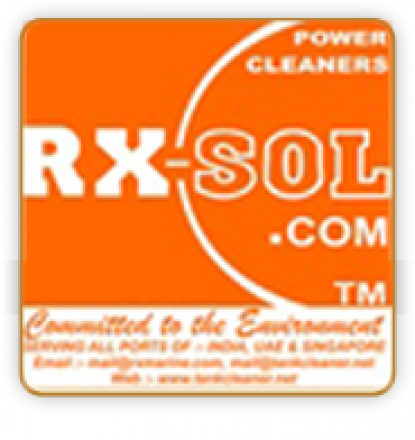Buffer Cleaner
Oman Chemical is leading one Largest Supplier, Manufacture a
Product Code: RXSOL-19-3760-300

Perchloroethylene (PERC) is a widely used solvent in the dry cleaning industry due to its powerful degreasing and stain-removing properties.
Clothes are loaded into a dry cleaning machine, which looks like a large front-loading washer.
Instead of water and detergent, PERC is used as the cleaning solvent.
The solvent dissolves oil, grease, and organic stains without damaging delicate fabrics like wool, silk, or rayon.
Wash: PERC is pumped into the drum and circulated through the clothes.
Extract: The solvent is drained and extracted via spinning.
Dry: Clothes are dried with warm air, and the solvent is collected, condensed, and recycled for reuse.
Powerful cleaning agent for oils and greases
Non-flammable, making it safer for industrial use
Gentle on fabrics, preventing shrinkage and color fading
Recyclable within the machine, reducing waste
Chemical Name: Tetrachloroethylene
Formula: C₂Cl₄
Type: Non-flammable, chlorinated solvent
Appearance: Colorless liquid with a sweet, ether-like odor
Toxic if inhaled in large amounts or over time (linked to liver, kidney, and nervous system effects)
Classified as a possible human carcinogen
Requires well-ventilated, sealed systems and PPE for operators
Strictly regulated in many countries (e.g., banned or phased out in California, EU restrictions)
Hydrocarbon solvents (less aggressive, more eco-friendly)
Liquid CO₂ cleaning
Siloxane-based solvents (e.g., GreenEarth®)
Professional wet cleaning (water-based with special machines and detergents)
Perchloroethylene remains effective but is increasingly being replaced due to safety and environmental concerns. Dry cleaners using PERC must comply with strict safety protocols and environmental regulations.